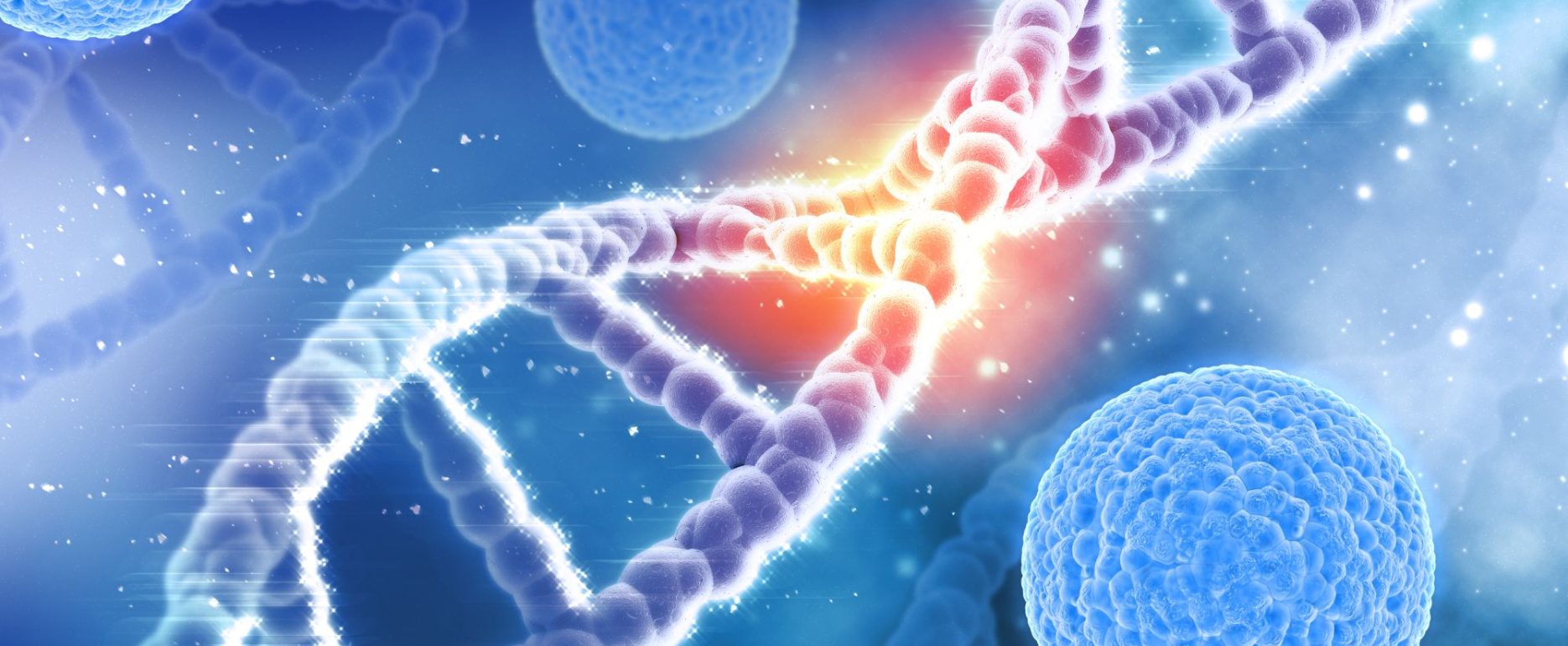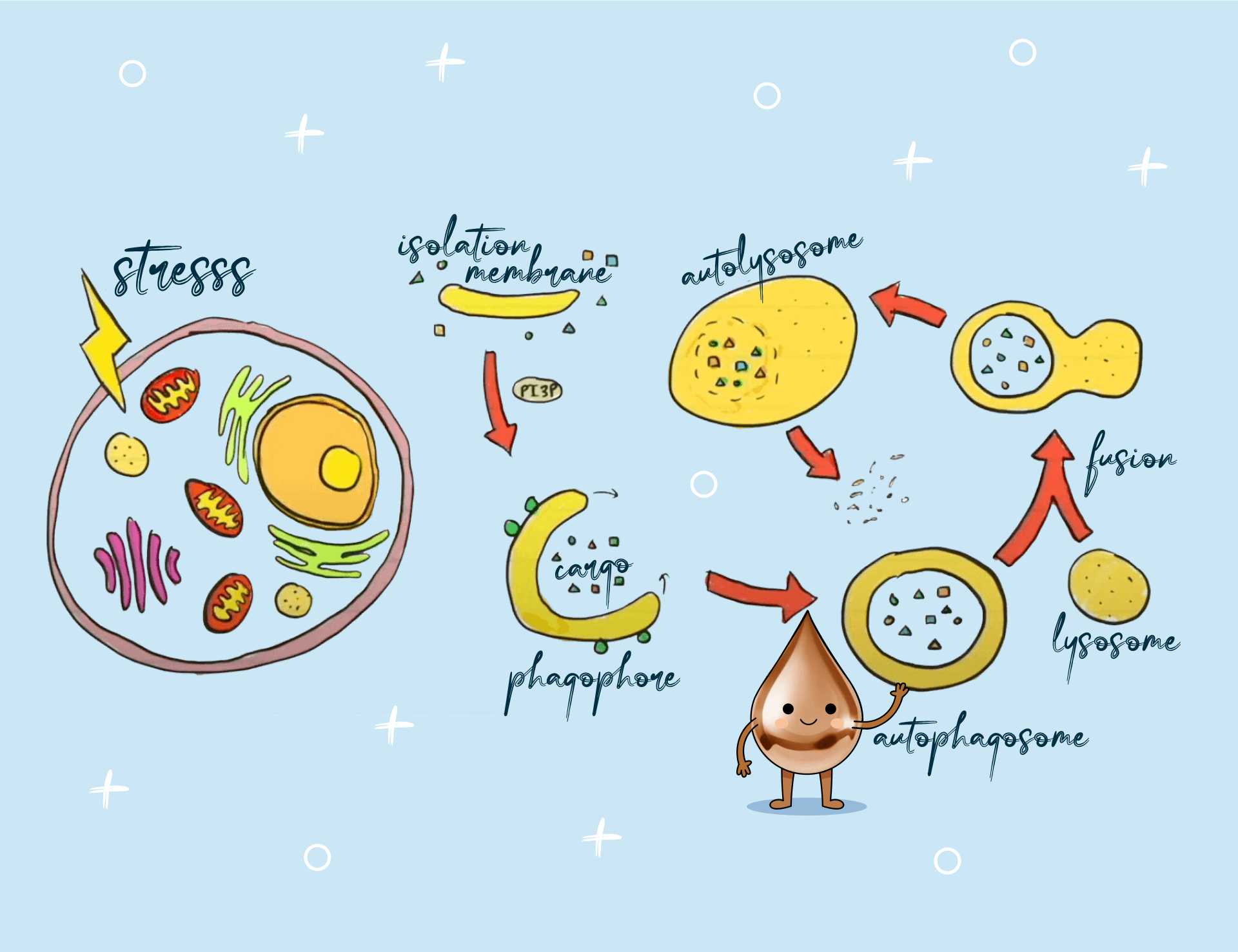What is autophagy?
Autophagy is a physiological cellular process in which faulty proteins and cell components are degraded and removed. The significance of this process is evidenced by the awarding of the Nobel Prize in 2016 for its description.
This unique mechanism is essential for protecting cells against certain damaged proteins and toxins. It also plays an important role in the maintenance of cellular metabolism and energy homeostasis, as well as in promoting cell survival.

The role of copper in autophagy
Recent studies suggest that copper plays a critical role in the initiation of the process, and without it, the key players in the autophagosome formation process do not occur.
Copper is primarily necessary for specific kinase activity (ULK1/2), which ultimately leads to the formation of autophagosomes and subsequently the autophagy process takes place.

Although the quoted literature has explored the process as a specific mechanism involved in tumor genesis, numerous studies suggest the role of autophagy in prevention.
Reduced copper supply
Reduced copper availability is a characteristic attribute of Western populations, as it exhibits antagonistic characteristics with numerous heavy metals, as well as other minerals and vitamins that can hinder its absorption. Furthermore, high copper intake is not a characteristic of modern diets (Standard American Diet – SAD).
In order to exploit the benefits of autophagy and copper (such as blood formation, immunology, etc.), sensitive copper supplementation, both orally and topically, may be a possible solution.
Recommended article: Why should we take copper?
Related studies:




